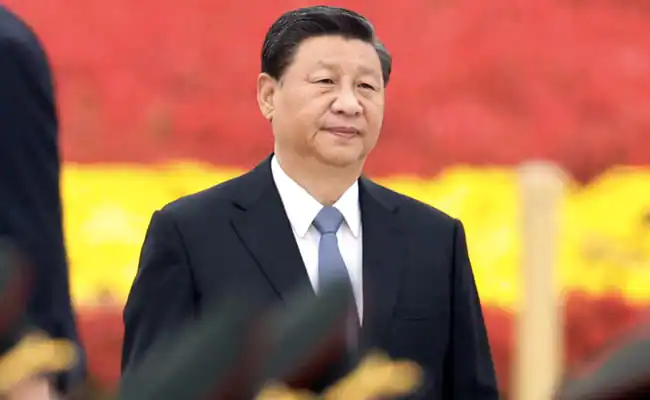In a bid to spread its political ideas and portray itself in a positive light, China is extending its reach and shaping discourse by influencing global media , especially in Central Asia , media reports said.
In 2016, China and Kyrgyzstan set up a new media outlet in Bishkek, and a veteran journalist, Murat, with more than 30 years of experience, was one of the dozens of professionals hired to run it, reported Nikkei Asia.
The veteran journalist recalled how undue pressure from directors was constant to avoid criticism of initiative projects and to publish only stories that portrayed China in a positive light.
Given a top editing role, he was dealing with the newspaper which is published in Kyrgyz, Russian and Chinese. Though at the start he thought that this is an opportunity to promote understanding between the neighbours. However, the truth soon surfaced for him.
Another rhetoric that the Chinese asked the outlet to carry was the charity work done by Chinese companies in the Central Asian nation. After a year, the journalist left the outlet. “They are ready to pay to distribute their politics, their ideas [in Kyrgyzstan],” Murat said of China. “It’s political propaganda,” reported Nikkei Asia.
The media influence efforts by China have increased over the years. Moreover, a report published this month by Freedom House, a US nonprofit democracy watchdog, said that more than half the countries in a 30-nation analysis were experiencing a “very high” or “high” degree of efforts by China to influence the media outlets.
In 18 countries, the intensity of these efforts increased over the past three years.The Chinese Communist Party “and its proxies are using more sophisticated and coercive tactics to shape media narratives and suppress critical reporting,” the report says.
“Mass distribution of Beijing-backed content via mainstream media, harassment and intimidation of outlets that publish news or opinions disfavored by the Chinese government, and the use of cyberbullying, fake social media accounts, and targeted disinformation campaigns are among the tactics that have been employed more widely since 2019.”
The report adds that while many markets resist this pressure, “Beijing’s tactics are simultaneously becoming more sophisticated, more aggressive and harder to detect.”

